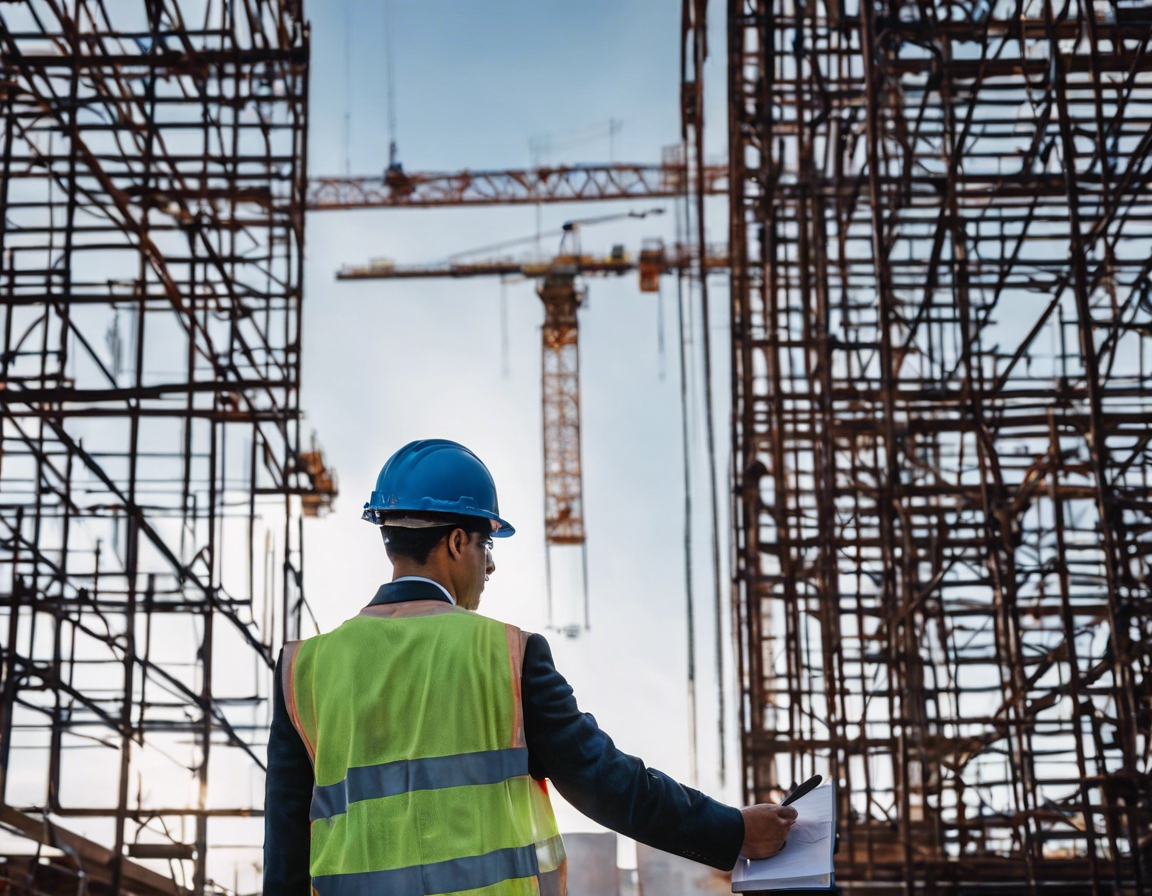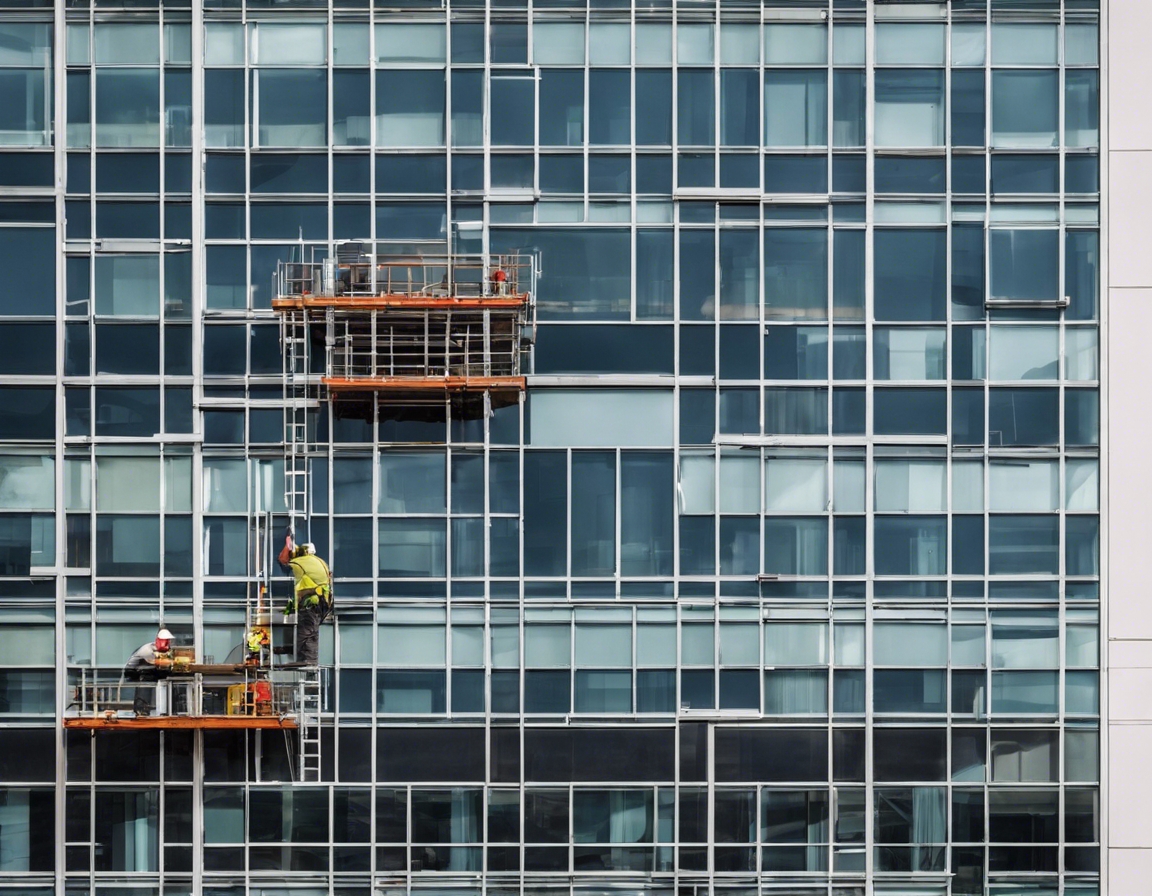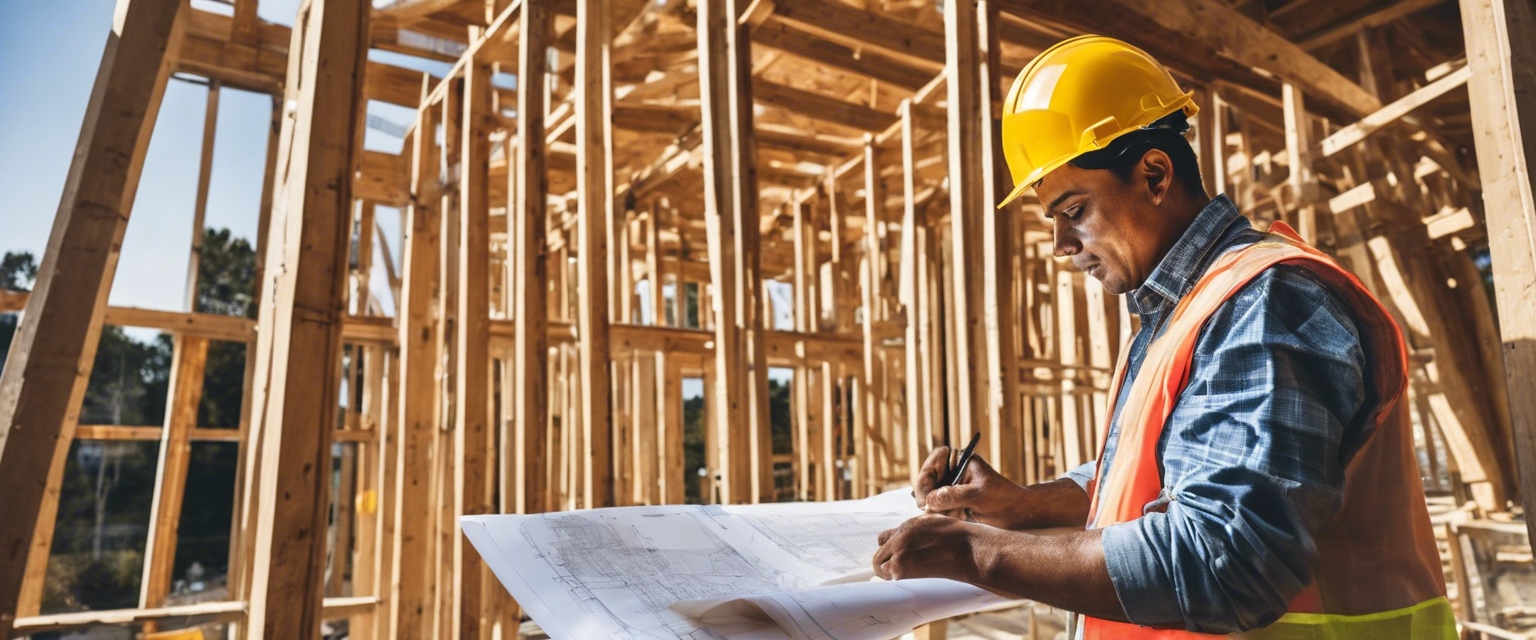How to choose the right contractor for your commercial project
Before you begin your search for a contractor, it's crucial to have a clear understanding of your project's scope. This includes the size, type, and complexity of the project, as well as any specific requirements or challenges that may arise. A well-defined scope of work will serve as a blueprint for contractors to provide accurate bids and proposals.
Knowing your budget is essential for finding a contractor who can deliver quality work within your financial constraints. Be realistic about the costs and include a contingency fund for unexpected expenses. Communicate your budget clearly to potential contractors to ensure they can work within it.
Your project's timeline is another critical factor. Discuss your schedule with potential contractors and understand their availability and ability to meet your deadlines. Delays can be costly, so it's important to choose a contractor who can commit to your timeline.
Researching Potential Contractors
Ensure that any contractor you consider is licensed, insured, and holds the necessary certifications for your project. This is a fundamental step to protect your investment and ensure legal compliance.
Examine the contractor's portfolio of past projects to gauge their experience and quality of work. Ask for references and follow up with them to get firsthand accounts of the contractor's reliability and professionalism.
Effective communication is key to a successful project. Assess the contractor's responsiveness, clarity in answering questions, and willingness to keep you informed throughout the project.
Assessing Experience and Expertise
Commercial construction requires specific knowledge and skills. Look for a contractor with a proven track record in commercial projects similar to yours.
A contractor familiar with local building codes and regulations will navigate the permitting process more efficiently and avoid costly compliance issues.
The contractor's workforce should be skilled and experienced in commercial construction. Inquire about their team's qualifications and ongoing training practices.
Analyzing the Proposal and Contract
A detailed project plan in the proposal should outline all aspects of the work, including materials, labor, and timelines. This transparency helps prevent misunderstandings and disputes.
The proposal should provide a clear and itemized list of all costs associated with the project. Look for transparency in pricing to avoid hidden fees and ensure the bid aligns with your budget.
Read the contract carefully and make sure you understand the terms and conditions. Don't hesitate to ask for clarifications or negotiate terms that better protect your interests.
Ensuring Quality and Safety Standards
Ask about the contractor's quality control procedures to ensure the work meets your standards and industry best practices.
Verify that the contractor has a solid safety record, follows strict safety protocols, and carries adequate insurance to protect against accidents and liability.
Making the Final Decision
Once you have all the information, compare the bids and services offered by each contractor. Consider all factors, not just price, to make an informed decision.
The contractor you choose should be someone you trust and feel comfortable working with. Professionalism and a good rapport will contribute to a smoother project experience.






Comments (0)